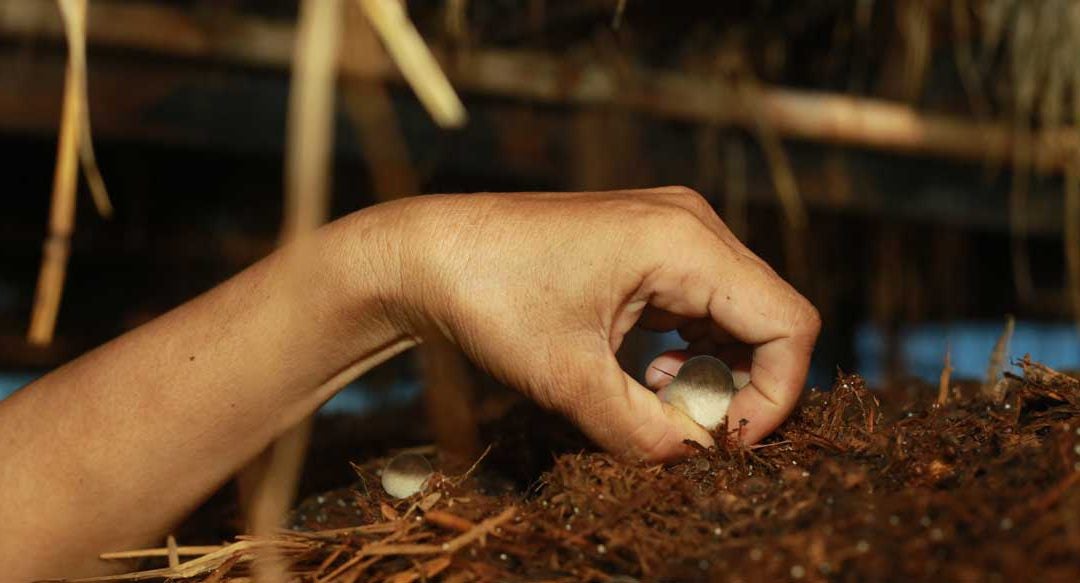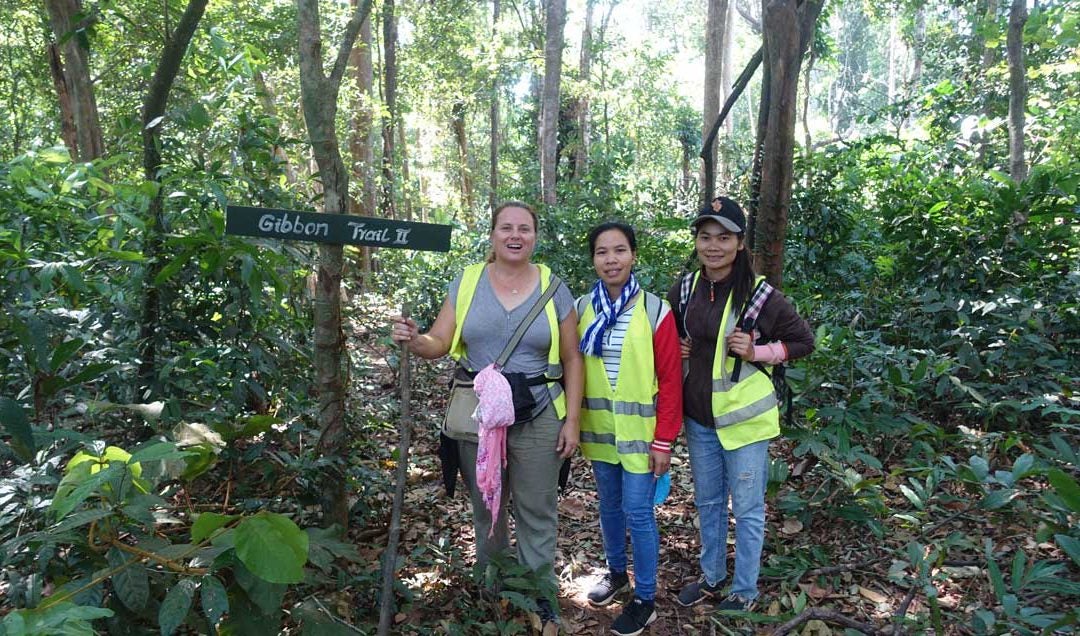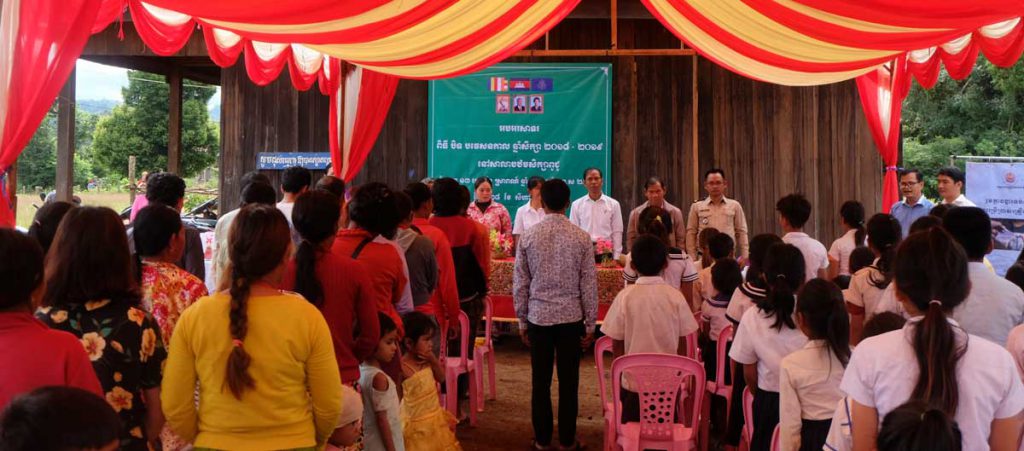
by World Hope International | Feb 25, 2021 | Access to Markets and Finance, Cambodia, Countering Human Trafficking & Gender-Based Violence, Food & Water Security, Protection, Social Ventures
Mushrooms, Migration, & Opportunities Growing mushrooms has many benefits for farmers in Kampong Khan, Cambodia, participating in World Hope’s Thera Metrey social venture, like increased food security. Another of these benefits is reducing the need for...

by World Hope International | Mar 2, 2020 | Access to Markets and Finance, Cambodia, Natural Resource Management, Social Ventures
Wildlife Based Tourism World Hope International (WHI) is excited to share about its management acquisition of the Jahoo Gibbon Eco-Tourism Camp, which is located in the beautiful mountainous region of Mondulkiri, Cambodia. From this boutique jungle accommodation,...

by World Hope International | Feb 7, 2020 | Access to Education, Access to Markets and Finance, Civil Society & Governance, Clean Water and Energy, Climate Resiliency, Food & Water Security, Natural Disaster Emergency Response, Opportunities for Youth, Protection, Social Ventures
A More Sustainable, Ecological Approach to Development Learn more about the Nature-based tourism project, Jahoo Gibbon Camp, located in The Keo Seima Wildlife Sanctuary (KSWS) in Mondulikri, Cambodiam. The Sanctuary is the ancestral home of the Bunong. You can also...

by World Hope International | Dec 22, 2019 | Access to Education, Access to Markets and Finance, Cambodia, Clean Water and Energy, Social Ventures
Rethinking Sanitation A current International and Community Development Masters Degree student at Deakin University in Melbourne, Sonia Louise Cozens is interning with World Hope International Australia in Cambodia for several months. Traveling out to our various site...

by World Hope International | Nov 20, 2019 | Access to Education, Cambodia
Unlocking Opportunities Among the Bunong In an area of the mountainous Mondulkiri Province in Cambodia, home to the indigenous Bunong, more than 77 school children once attended classes only irregularly due to their parents’ farm work. The children were often asked to...







Recent Comments